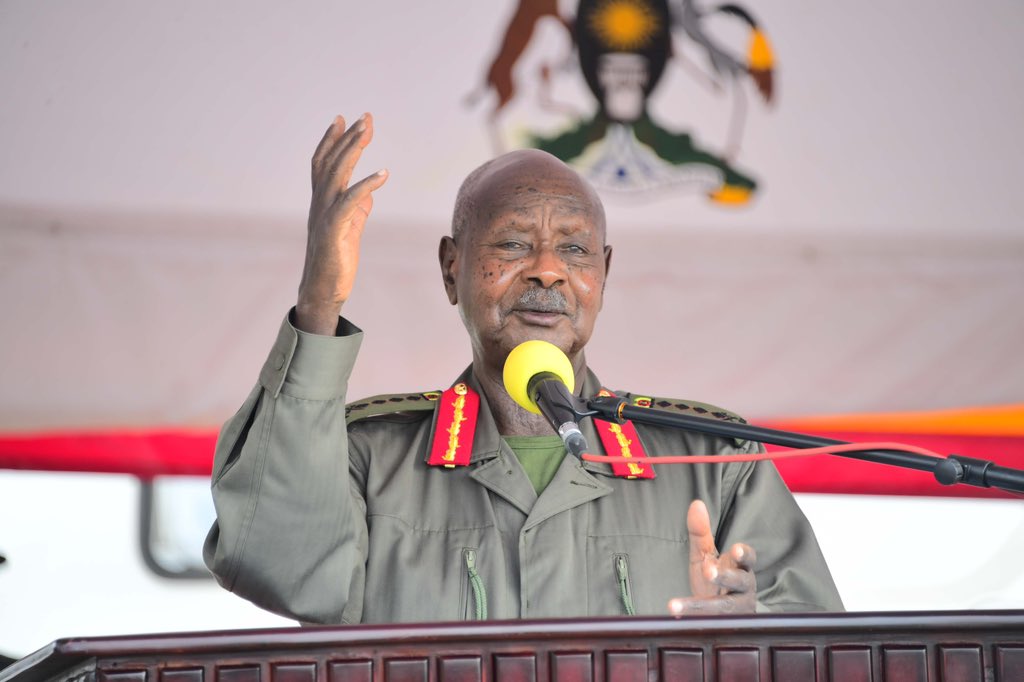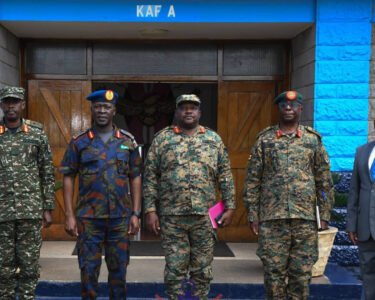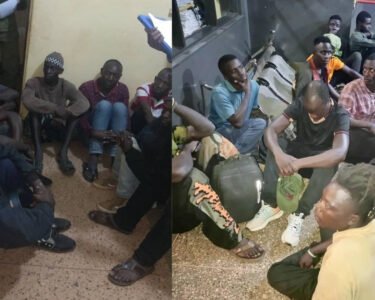Kyankwanzi, Uganda – President Yoweri Museveni delivered a powerful lecture on the history and current state of corruption in Uganda at the Public Service Leaders’ Introspection Retreat. The retreat, held at the National Leadership Institute (NALI) in Kyankwanzi, gathers top government officials to discuss strategies for improving service delivery and driving socio-economic transformation.
During his address, President Museveni highlighted the significant impact of corruption on Uganda, citing the Inspectorate of Government’s estimate that the country loses UGX 9.7 trillion annually to corrupt practices. “This is not acceptable,” Museveni stated firmly, vowing to “crush” corruption in all its forms.
Museveni recounted the historical roots of corruption in Uganda, tracing it back to colonial times and the early post-independence period. He shared personal anecdotes, including his father’s illegal procurement of veterinary drugs, and described the widespread corruption among colonial African policemen and chiefs. Museveni contrasted this with the discipline and integrity instilled by the National Resistance Army (NRA) during its struggle, which he said eradicated many forms of corruption and brutality prevalent under previous regimes.
The President identified two main dimensions of contemporary corruption: the theft of government funds and bribes for services, and employee disloyalty in private companies. He emphasized that while accounting officers such as Permanent Secretaries and Chief Administrative Officers are primarily responsible for managing government resources, political leaders must also step in to protect public interests when these officers fail.
Museveni announced several initiatives to combat corruption, including the establishment of a tax investigation unit and an accountancy and audit unit to scrutinize tax evasion, under-declarations, and misappropriation of funds. He also underscored the importance of community involvement through the Resistance Council (RC) system and other popular structures to hold officials accountable.
In his concluding remarks, Museveni called for judiciary support in denying bail to individuals accused of serious crimes, including embezzlement, to ensure accountability and deter corruption. He reiterated the importance of a mass-line approach to governance, focusing on security, healthcare, education, prosperity, clean water, infrastructure development, and regional economic integration.
Museveni’s speech came amid criticism from his political opponent, Dr. Kizza Besigye, who accused the President of defending corrupt individuals since the bush war days.
The retreat, attended by ministers, permanent secretaries, and top leaders from the ruling National Resistance Movement (NRM), aims to devise effective strategies for answering the citizens’ call for improved service delivery and socio-economic transformation.





